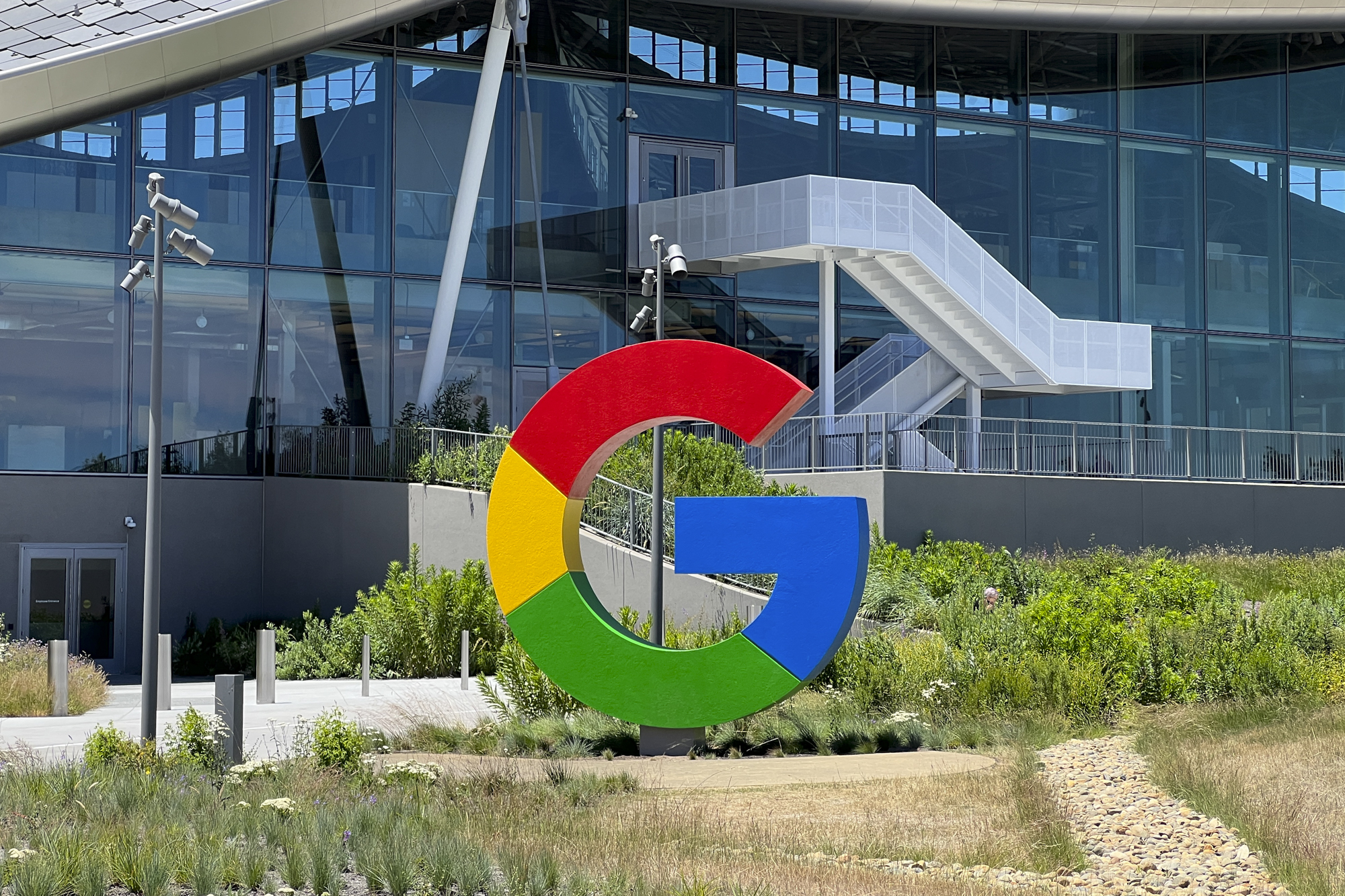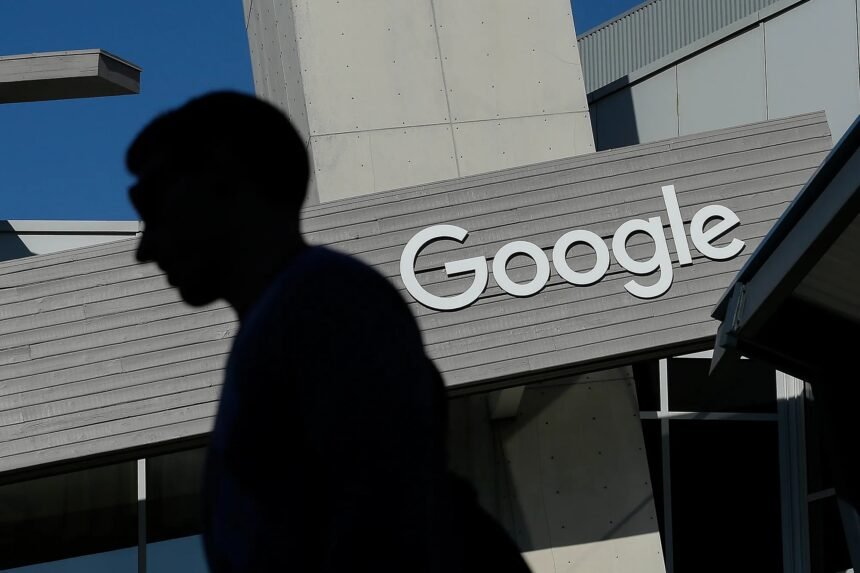When asked who advocated for that language, Lowenthal said he’d taken input from “colleagues and stakeholders” to shape up the “strongest possible bill.”
“With any bill that’s been vetoed before, it takes some give-and-take to get it across the finish line,” he said.
The bill cleared the Legislature and headed to the governor’s desk Thursday after this story was published.
Google did not respond to multiple requests for comment.
Google ranked among the most active lobbyists in California last year, spending more to influence the opinions of elected officials than it had in the previous 20 years combined. The lobbying was aimed at battling AI regulation, local news funding requirements, and a prior version of the browser bill.
This year, it has disclosed pouring nearly $700,000 into lobbying state leaders on bills including AB 566. Google has also increased lobbying spending in many other statehouses, according to the Open Markets Institute. With inaction in Congress, states have led the way in tech regulation in recent years.
But it’s hard to trace Google’s full influence when the company does not publicly share its position on bills like AB 566, instead paying groups like the California Chamber of Commerce and Connected Commerce Council to influence legislators on its behalf.

Google registered to lobby 17 bills this year that sought to do things like place warning labels on social media or protect people from algorithms that make health care decisions, but the company only publicly stated its position on one bill that sought to require online age verification, according to state filings and Digital Democracy.
Google’s lobbying tactics, while not illegal, demonstrate the sway money has over policies, said Sean McMorris, the transparency, ethics, and accountability program manager at California Common Cause.
“This type of activity … exemplifies the skewed playing field that we have to play on,” he said. “It’s important to report on and to point out these strategies and loopholes that money can afford you the privilege to engage in, and the public has every right to scrutinize whether that is just or not.”
If Google really believes this bill shouldn’t become a law, its lobbyists should show up to testify at a public hearing, not behave in shadowy ways that undercut democracy, said Brandon Forester, an organizer for MediaJustice, a nonprofit that has been critical of the influence of of Big Tech companies and internet service providers.

“None of us wants to enter a surveillance marketplace every time that we go on the internet,” he said. “Part of the reason they need to do the shadow lobbying is because the things that they want to do to achieve their infinite growth model is not good for the public.”
AB 566 is not the only threat Google faces to its grip on how people surf the web. A judge ruled last month that the company may no longer enter into exclusive distribution deals for Chrome or Google search. And Chrome faces new competition from a number of AI-powered browsers entering the market, reportedly to soon include one from ChatGPT maker OpenAI.
Onerous mandate or consumer convenience?
Under a 2018 state law, California businesses must provide customers with a way to forbid the sharing or sale of their personal information to businesses. AB 566 seeks to streamline that process.
Browsers such as DuckDuckGo, Brave, and Firefox already have privacy features that, once enabled, automatically send an opt-out signal to each website the user goes to.







